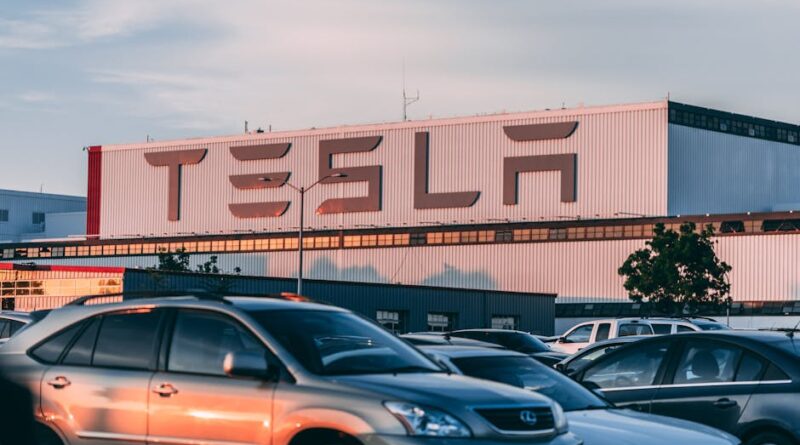Innovations in Electric Vehicles: Paving the Way for a Sustainable Future
As the world grapples with the urgent need to reduce carbon emissions and combat climate change, the automotive industry is undergoing a profound transformation. Electric vehicles (EVs) have emerged as a promising solution to the environmental challenges posed by traditional gasoline-powered cars. With advancements in technology and a growing emphasis on sustainability, innovations in electric vehicles are revolutionizing the way we think about transportation. In this article, we will delve into the world of EVs, exploring the latest developments, trends, and breakthroughs that are shaping the future of mobility.
The Rise of Electric Vehicles
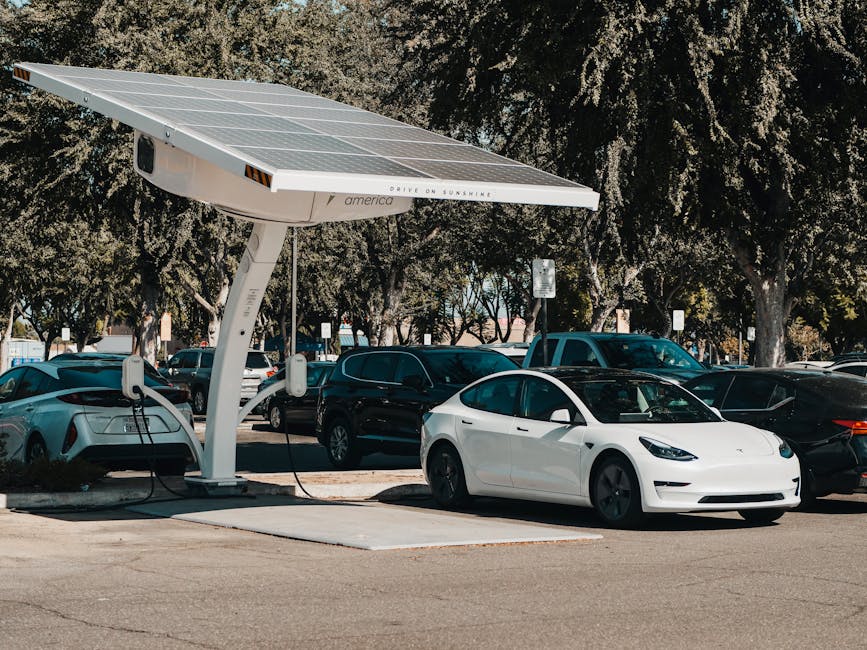
Electric vehicles have come a long way since their inception in the early 19th century. While the concept of EVs dates back to the invention of the first electric car by Scottish inventor Robert Anderson in 1832, it wasn’t until the late 20th century that electric cars gained traction in the mainstream market. The introduction of the Tesla Roadster in 2008 marked a significant milestone in the history of electric vehicles, showcasing the potential of EVs to rival traditional gasoline-powered cars in terms of performance and range.
Today, electric vehicles are no longer a niche market but a rapidly growing segment of the automotive industry. With major automakers like Ford, General Motors, and Volkswagen investing billions of dollars in electric vehicle development, the future of transportation is undoubtedly electric. Innovations in battery technology, charging infrastructure, and vehicle design are driving the adoption of EVs on a global scale, making them a viable and sustainable alternative to internal combustion engine vehicles.
Battery Technology Advancements
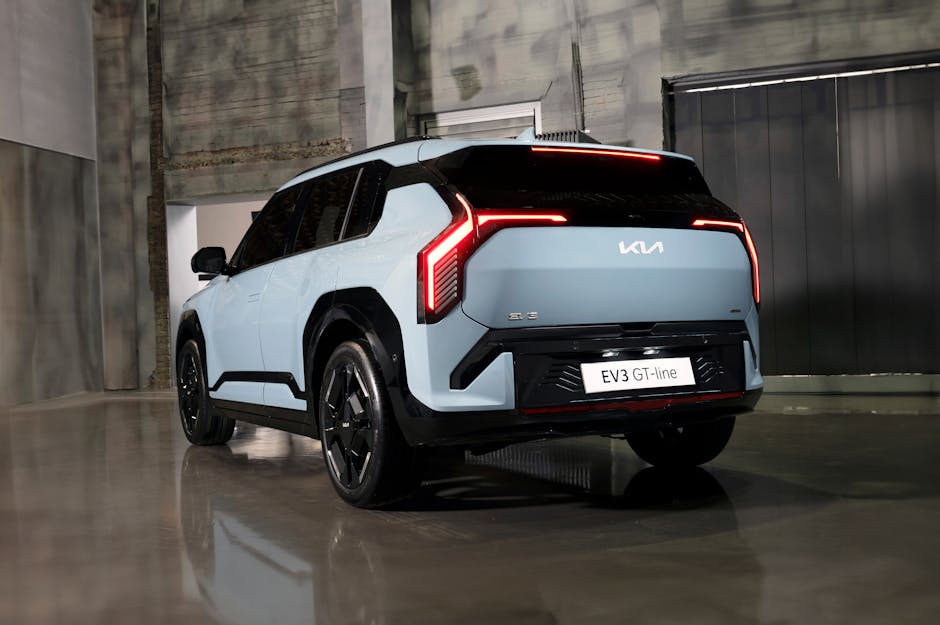
One of the key drivers of innovation in electric vehicles is the advancement of battery technology. Lithium-ion batteries, which are used to power most electric cars, have undergone significant improvements in recent years, leading to enhanced energy density, longer range, and faster charging times. Companies like Tesla, Panasonic, and LG Chem are at the forefront of battery innovation, developing next-generation battery cells that promise to revolutionize the EV industry.
One of the most notable advancements in battery technology is the development of solid-state batteries, which offer higher energy density, improved safety, and longer lifespan compared to traditional lithium-ion batteries. Solid-state batteries have the potential to address the range anxiety that has been a major concern for consumers considering electric vehicles, making EVs more practical and appealing to a wider audience.
Charging Infrastructure Expansion
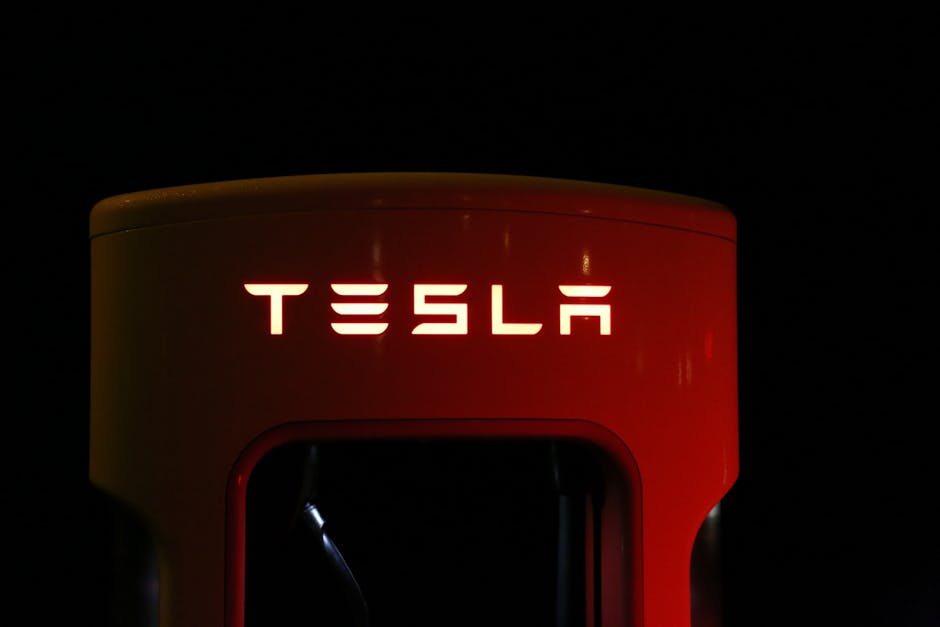
Another critical aspect of the electric vehicle ecosystem is the expansion of charging infrastructure. To support the widespread adoption of EVs, it is essential to have a robust network of charging stations that are convenient, reliable, and accessible to all drivers. Governments, utilities, and private companies are investing heavily in charging infrastructure, with initiatives like the Electrify America and EVgo networks rapidly expanding across the United States.
Fast-charging technologies, such as Tesla’s Supercharger network and the emerging ultra-fast chargers capable of delivering up to 350 kW, are reducing charging times and improving the overall convenience of owning an electric vehicle. Additionally, advancements in wireless charging technology are paving the way for effortless and seamless charging experiences, where EVs can be charged simply by parking over a wireless charging pad.
Vehicle-to-Grid Integration
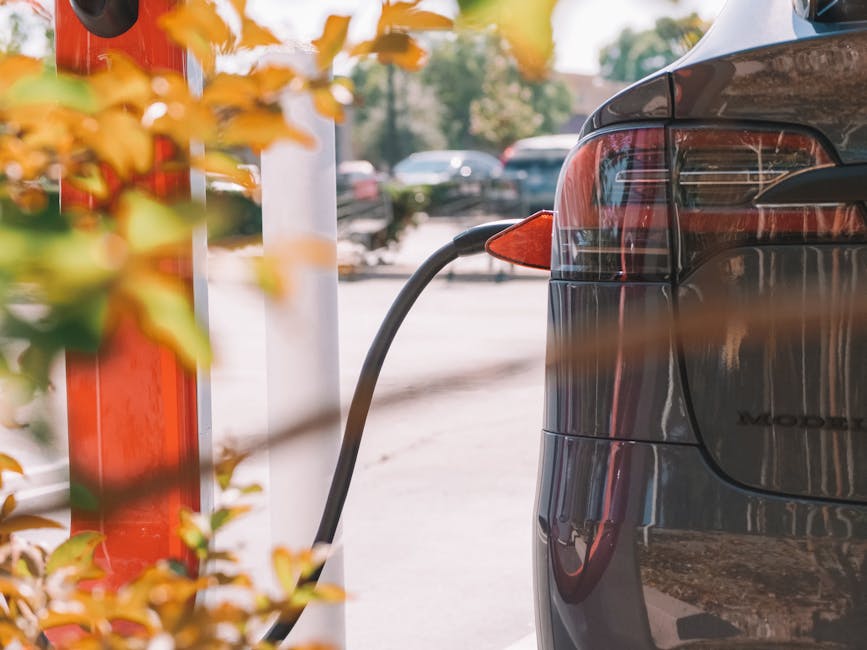
One of the groundbreaking innovations in electric vehicles is the concept of vehicle-to-grid (V2G) integration, which allows electric cars to not only consume electricity but also feed power back to the grid. By leveraging the bidirectional flow of electricity, EVs can serve as mobile energy storage units, helping to balance the grid, reduce peak demand, and support renewable energy integration.
Nissan, through its Vehicle-to-Grid project in the UK, is exploring the potential of V2G technology to enable EV owners to sell excess energy stored in their car batteries back to the grid, providing a new revenue stream and promoting grid stability. As more electric vehicles are equipped with V2G capabilities, the electrification of transportation will play a crucial role in the transition to a more resilient and sustainable energy system.
Autonomous Driving Features
Autonomous driving technology is another area of innovation that is transforming electric vehicles into smart and connected mobility solutions. Companies like Tesla, Waymo, and Cruise are leading the way in developing self-driving capabilities that enhance safety, efficiency, and convenience for drivers. From advanced driver-assistance systems (ADAS) to fully autonomous vehicles, the integration of autonomous driving features in electric cars is reshaping the future of transportation.
With the rise of artificial intelligence, machine learning, and sensor technology, electric vehicles are becoming more autonomous and intelligent, capable of navigating complex traffic scenarios, avoiding collisions, and optimizing energy efficiency. The convergence of electric propulsion and autonomous driving is paving the way for a new era of mobility, where cars are not just means of transportation but intelligent and adaptive companions on the road.
Sustainable Materials and Design
As the demand for electric vehicles grows, so does the focus on sustainability in vehicle manufacturing. Automakers are increasingly turning to eco-friendly materials, such as recycled plastics, bio-based composites, and renewable textiles, to reduce the environmental footprint of EV production. Companies like Tesla, BMW, and Ford are leading the charge in incorporating sustainable materials into their electric cars, setting new standards for eco-conscious vehicle design.
From vegan leather interiors to recyclable aluminum body panels, electric vehicles are pushing the boundaries of sustainable design and circular economy principles. By prioritizing environmental sustainability in all aspects of vehicle production, EV manufacturers are not only minimizing the carbon footprint of their cars but also setting a precedent for a more sustainable and responsible automotive industry.
Environmental Impact and Benefits
One of the most compelling aspects of electric vehicles is their potential to reduce greenhouse gas emissions and mitigate the environmental impact of transportation. By replacing gasoline-powered cars with electric vehicles, we can significantly reduce air pollution, combat climate change, and improve public health. According to the Union of Concerned Scientists, electric cars produce lower emissions over their lifetime compared to gasoline cars, even when accounting for electricity generation from fossil fuels.
Furthermore, the adoption of electric vehicles can help reduce our dependence on imported oil, enhance energy security, and create new economic opportunities in the clean energy sector. From lower fuel costs to reduced maintenance expenses, electric cars offer numerous benefits to consumers, making them a compelling choice for environmentally conscious drivers looking to make a positive impact on the planet.
Expert Opinions
Leading experts in the field of electric vehicles have emphasized the importance of innovation and collaboration in accelerating the transition to a sustainable transportation system. Dr. Michio Kaku, a theoretical physicist and futurist, predicts that electric vehicles will play a key role in achieving a carbon-neutral society and combating climate change. According to Dr. Kaku, advancements in battery technology, charging infrastructure, and autonomous driving will drive the widespread adoption of electric cars in the coming years.
Elon Musk, the CEO of Tesla and a pioneer in the electric vehicle industry, envisions a future where all cars on the road are electric and autonomous, powered by renewable energy sources. Musk believes that electric cars are essential for reducing carbon emissions, improving air quality, and creating a more sustainable future for generations to come. With his ambitious goals and innovative mindset, Musk has revolutionized the automotive industry and inspired a new wave of innovation in electric vehicles.
Conclusion
As we look to the future of transportation, it is clear that electric vehicles are leading the way towards a more sustainable and environmentally friendly mobility solution. With innovations in battery technology, charging infrastructure, autonomous driving, and sustainable design, electric cars are reshaping the automotive industry and redefining the way we think about transportation. By embracing the shift towards electric vehicles, we can reduce our carbon footprint, improve air quality, and create a cleaner and healthier planet for future generations.
In conclusion, the innovations in electric vehicles hold immense potential to drive positive change and revolutionize the way we move from point A to point B. By investing in clean energy technologies, supporting sustainable transportation initiatives, and embracing the electrification of mobility, we can pave the way for a greener, more sustainable future. The time to transition to electric vehicles is now, and the benefits are clear: a cleaner environment, reduced emissions, and a brighter future for all. Let’s embrace the power of innovation and lead the charge towards a more sustainable tomorrow.

